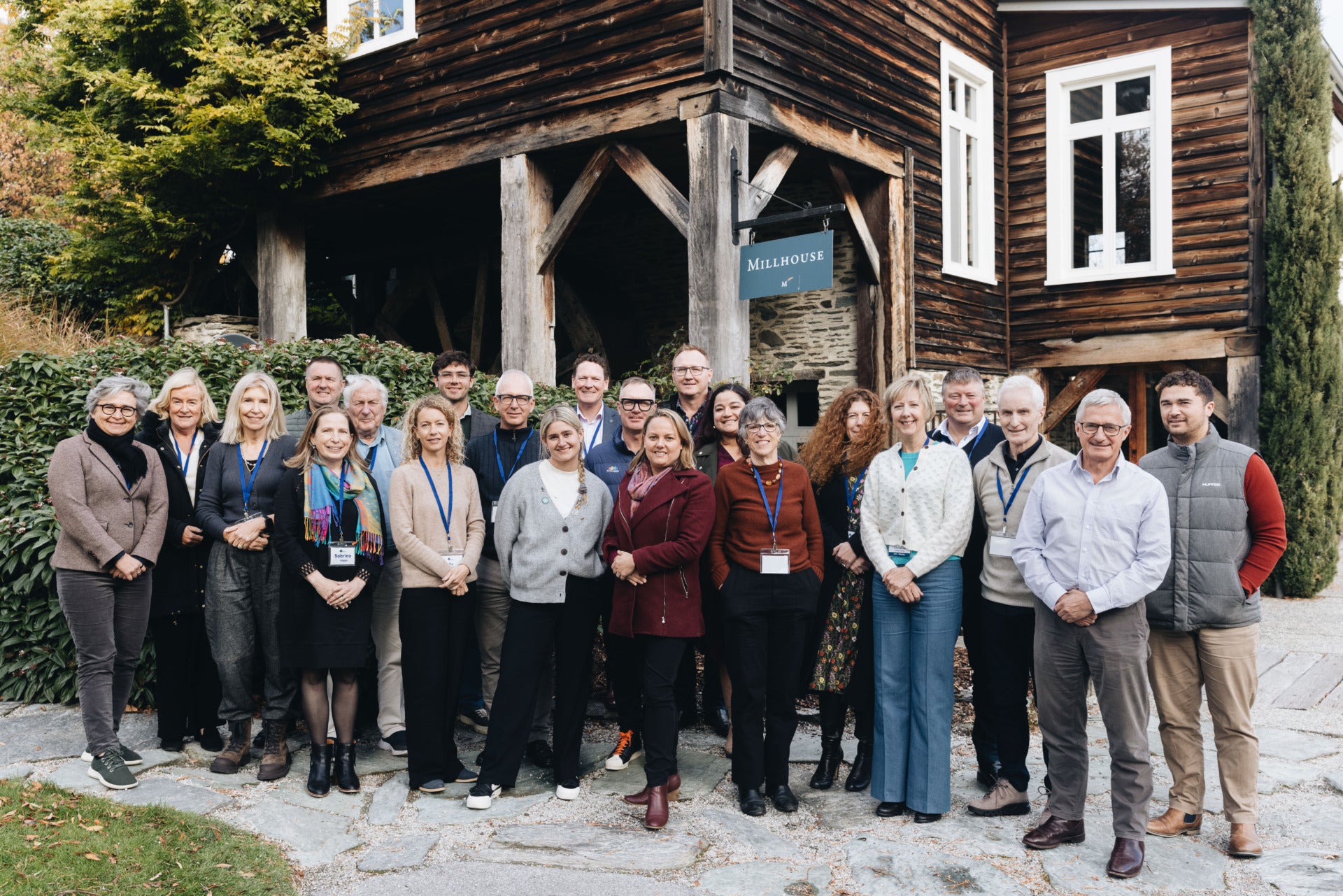This post is part of a series of interviews with thought leaders to explore issues on the frontier of the complex domain of ESG.
![]()
Unlike many organizations, Prudential didn’t need The Great Resignation to start listening to its workers and giving them a voice. The insurer can trace its commitment to the values of Diversity, Equity and Inclusion (DEI) all the way back to its founding. Today, these values guide the company in innovating its business and talent management strategies.
“Prudential was birthed out of a business opportunity to create a company that met the needs of the industrial workforce, which didn’t have access to financial services,” says Lata N. Reddy, senior vice president, Inclusive Solutions, and chair of The Prudential Foundation. “That ethos has carried through 147 years later. It is deeply rooted in Prudential’s culture, and as the baton gets passed from CEO to CEO and board member to board member, the expectation is that each leader will bring it forward.”
Along the way, as Prudential’s practices around ESG (environmental, social and governance) have expanded, the company has introduced new governance structures to support these practices—including its long-standing commitment to DEI.
The Aspen Institute Business & Society Program’s Executive Director Judy Samuelson recently sat down with Reddy to discuss Prudential’s core DEI efforts and how they exist within the broader context of ESG, culture, talent, and business practice.

Judy Samuelson: You have been using the language around inclusion at Prudential as long as any company I can remember. How do you apply the term?
Lata Reddy: Inclusion is central to the company. We’ve always been a mission, purpose-oriented firm. Our purpose is to make lives better by solving the financial challenges of our changing world, and we do so every day by offering products and services for investment management, retirement security, and life insurance.
Our goal is to expand access to the middle and mass market. In particular, we strive to offer access to appropriate and affordable financial services to segments of the population who have not been well served historically by many institutions.
Inclusion for us also refers to what’s happening inside Prudential. We want our employees to feel like they belong—and make sure they do. That’s why we recently restated our commitment to inclusion in a way that really resonates with employees of today. The organization I run, called Inclusive Solutions, has existed for about 50 years under different names and with somewhat different mandates. In the beginning, it consisted of our philanthropy, our impact investments and employee engagement. More recently, we assumed responsibility for what people think of as diversity, equity, and inclusion. We combined the social engagement work we were already doing with the internal piece around diversity and inclusion. With this integration, we were able to create a holistic approach.
JS: What you’re describing sounds like a concept that’s very near and dear to us at the Business & Society Program—namely, the idea that a company’s purpose needs to be integrated into its core business model and day-to-day operations.
Reddy: Correct. When we thought about the ability to have deep and sustained social impact, it was clear that our ability to do that was through the business. Our social impact work remains very important, but our biggest play is leveraging the resources, financial and otherwise, and our core capabilities to drive equity and inclusion through the business in a bigger way.
In practice this means my team collaborates with teams across business units. Recently, for example, we partnered with our colleagues who lead our financial wellness work to adapt our financial wellness survey for a more diverse customer base. The changes we made have led to a significant increase in the number of individuals completing that assessment and then purchasing products from Prudential.
JS: I want to come back to the culture at Prudential and your view about employees. How do you go about engaging employees not just as remote stakeholders, but as the front door to the company?
Reddy: As a services company, we’ve always recognized that our talent was everything. So we’re always asking: What can we do to retain the talent we have, attract new talent and make sure there is diversity across the organization?
We are fortunate to have a set of leaders who deeply value the voices of employees and want to hear from them. In 2019, we set up an Enterprise Inclusion Council. We did it by saying to our executive team, ‘We think this is really important to create, and it will be important for you to hear directly from employees.’ My colleagues and I can channel those sentiments, but there is nothing better than hearing from the source. They understood and immediately said yes.
Now every quarter, the co-leads of our eight employee affinity groups meet with our CEO and his direct reports. In these meetings we have discussed promotion policies, for example, and other policies that affect employees. We have also had honest conversations about the fear, anger and the frustration that all employees, especially the most impacted populations, were feeling in the wake of George Floyd’s murder.
JS: Is your board of directors involved in this effort? If so, how?
Reddy: Yes. Our board pays close attention to all matters related to our employees, and the governance structure supports their engagement. There’s also a board committee with oversight responsibility for inclusion and diversity, and corporate social responsibility throughout the Company’s global businesses. The head of Inclusive Solutions serves as chair of this committee which meets three times a year. These meetings provide the Committee members with on-going visibility into the company’s engagement in societal issues. Additionally, the head of Inclusive Solutions presents annually to the full Board on DEI impacts.
JS: Do you think that there’s anything that’s transferable as far as lessons from the work you do to companies that are looking at issues of social impact through the lens of ESG?
Reddy: I think it’s all transferable. The important thing is to get started on the journey and stay with it. If companies create a flywheel, success will beget success. I heard someone say the other day that it is critical not just to be ESG compliant but to be ESG courageous. At Prudential we have endeavored to be courageous and to address all aspects of ESG. For Prudential, ESG isn’t about managing a problem. Rather, it’s about creating real change, ensuring workers have a voice in the process and looking for business opportunities that make a difference for customers. Other companies can certainly do the same if they put structures in place to support commitments.
![]()
This post is part of an interview series with thought leaders to explore frontier issues in the complex domain of ESG. We welcome Prudential as a supporter for this work and thank them for their contributions, including sponsorship of the annual Aspen ESG Summit.
SUBSCRIBE TO OUR MONTHLY NEWSLETTER!
Want more insights like these on business and the health of society? Sign up to receive thought leadership and updates from the Business & Society Program each month!

